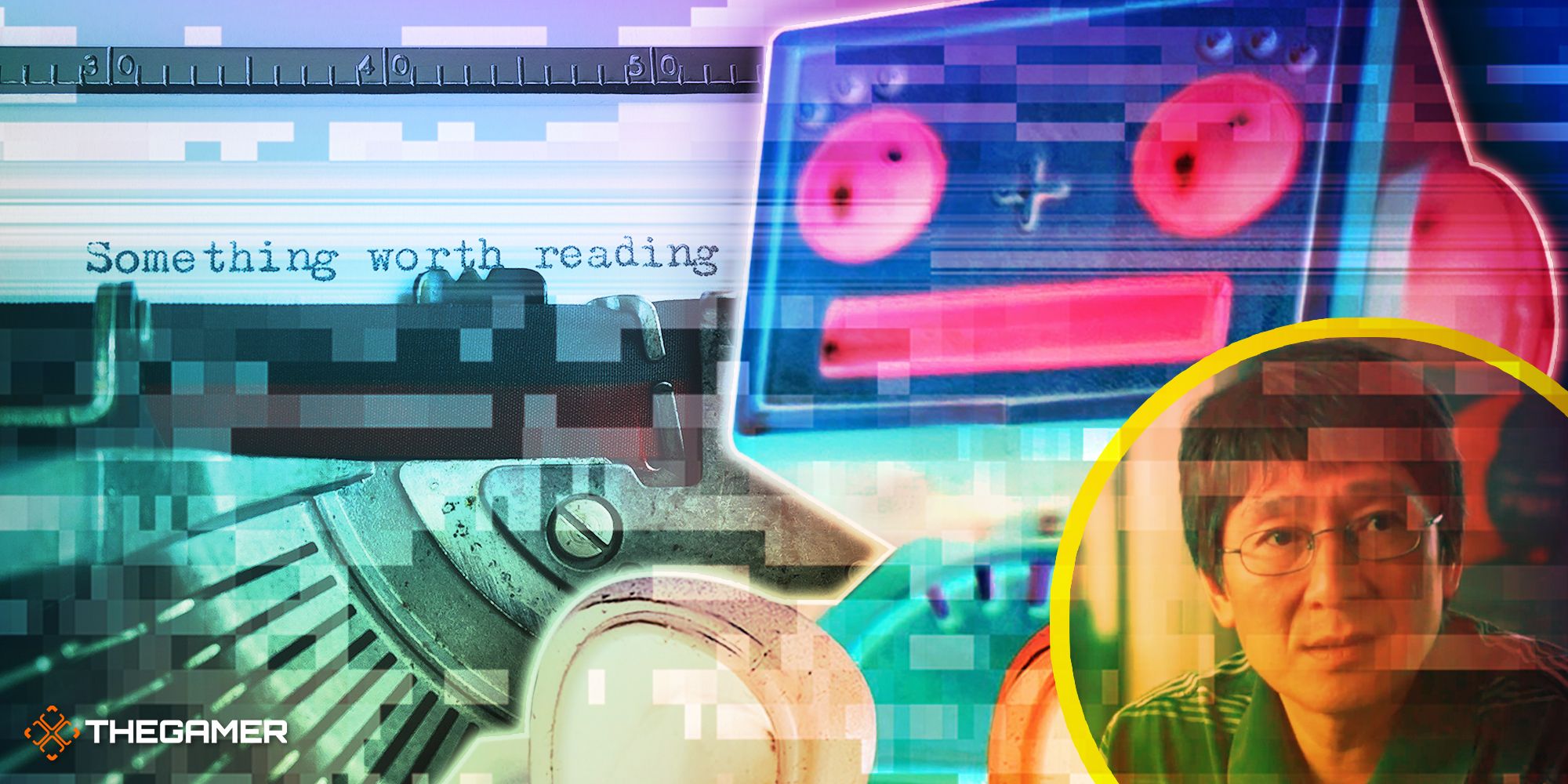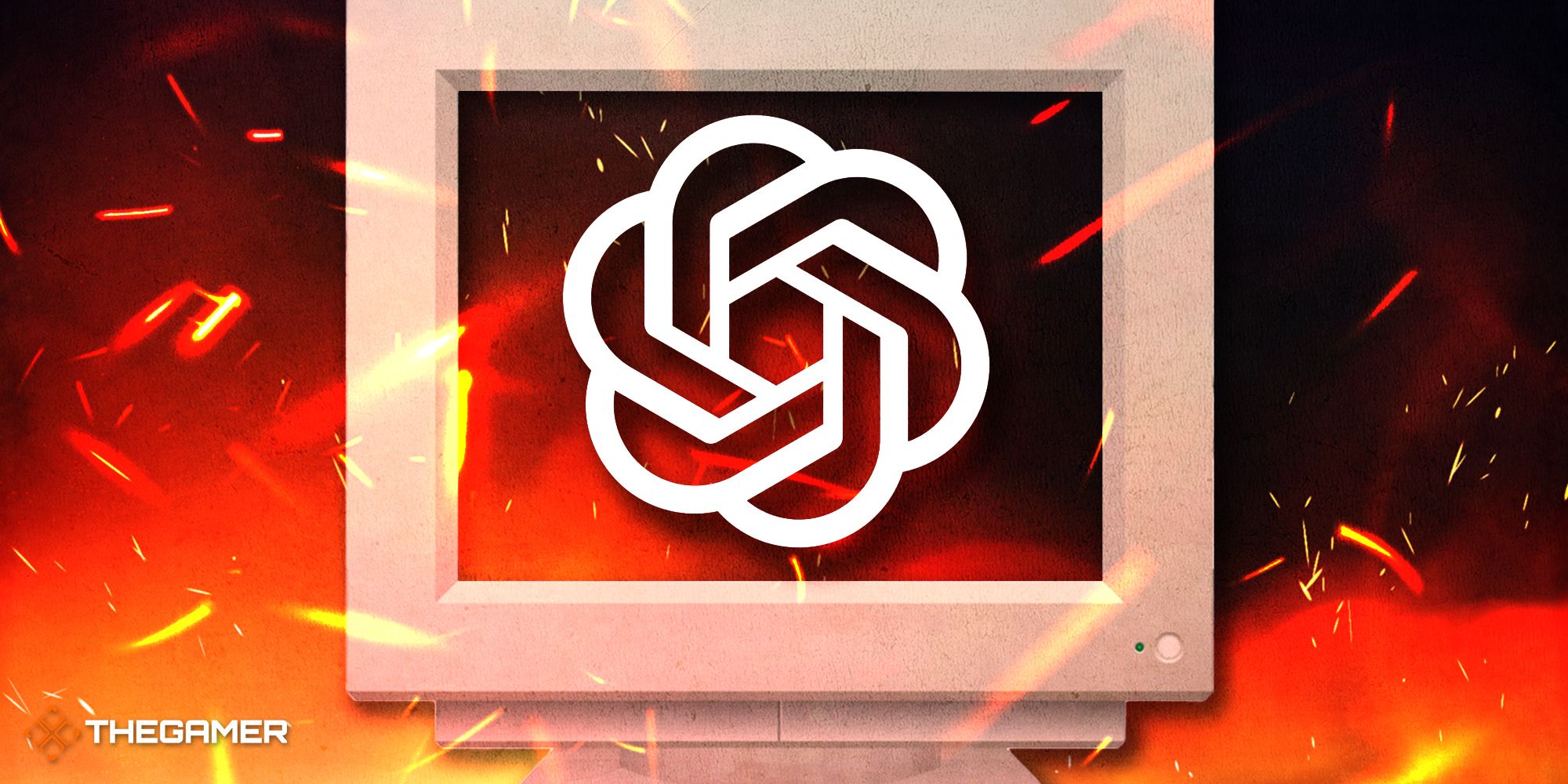The Writers Guild of America unanimously voted to go on strike this week, and it took no time at all for the worst people alive to begin rooting for them to lose. Underneath every news story about the strikes on Twitter, you could find algorithmically-boosted bad takes expressing hope that AI will replace the writers who make the entertainment we all enjoy.
And, though those people suck, it’s not a difficult line to draw. Part of the reason WGA is on strike is because the studios refused to agree to a deal that restricted the use of AI on union projects. So, if you’re rooting for the writers to fail, this is likely the replacement you’re looking to. The problem is, most people won’t actually enjoy media produced by an AI writing program.
It’s difficult to generalize about AI because when I say AI, I’m referring to many different programs that do many different things. Where AI was a year or so ago, when most of the internet was playing with DALL-E Mini, is completely different from where AI is now, as people are producing renderings of Trump getting arrested convincing enough to ruin your Boomer aunt's day.
I get the impulse to make fun of the things that AI still can’t do very well — the weird amount of teeth and fingers; the oily sheen it gives to images; its tendency to produce a picture that’s coherent from a distance, but which falls apart on closer inspection — but AI will figure all of that stuff out eventually. The leap it still needs to make seems significantly smaller than the distance it’s traveled since last year. Though it's still hampered by off-putting tics now, the things that are glaringly wrong will soon get ironed out. It's very likely that a studio will soon be able to type a prompt for the kind of script they want into a text AI and get something resembling a generic Hollywood movie script. It also seems possible that the studio will then be able to use that script to prompt an AI to generate a completed film starring actors who don’t exist. All of this is on the horizon and it seems foolish to bet against this dark future coming to pass.
But, the bigger question is, why will anyone want to watch these dogshit movies? There are already more films, TV shows, YouTube videos, and TikToks online than you could possibly watch in your lifetime. I love the Criterion Channel, which has the best selection of any streaming service. It currently has a playlist of dozens of movies that were featured on the Sight & Sound List of the best films ever made. I am actively trying to watch them all, and since the playlist got added last year, I've seen, like, five of them. I know these movies are classics. I want to make time to watch them. I haven't.
That's what AI boosters don't understand. They think that “this thing exists” is reason enough for people to watch it. If that were true, every piece of human created art online would find an audience. They don’t. What separates shows you love from shows you skip tends to be factors that are harder for an AI to replicate — a positive review from a critic you trust, good word of mouth among your friends, and good old fashioned quality. An AI may be able to make functional versions of the genres we like, but it’s unlikely that it will make content good enough to stand out in the sea of work that has already been created by talented people.
We already have movies that feel like they were designed by the algorithm, and they suck. Red Notice, The Gray Man, and the worst of the MCU and DC movies already seem like they’re designed to tick boxes a computer told them to tick. And, you know what, it kind of seems like audiences are sick of them. They might do well on streaming, where a few stars are enough to get you to unwind with something for 90 minutes. But studios often lose money on streaming, and a movie as bad as Ghosted sure won't get you to leave the house.
When you look at the movies that have gotten big in the last year, they generally buck that kind of designed-by-committee feeling. Top Gun: Maverick was fueled by Tom Cruise's monomaniacal love of stunts. Avatar: The Way of Water was buoyed by James Cameron and his crew's commitment to using the best of practical and digital effects to make an immersive, detailed world. John Wick: Chapter 4 throttled the box office because it was committed to showing a movie star performing his own fights for minutes at a time. Creed 3 was animated by Michael B. Jordan's love of shonen anime. Most of our biggest post-COVID hits have been driven by the idiosyncrasies of people in front of and behind the camera, not by the algorithm.
We go to art for connection with other people. AI can't provide that, and it never will.



